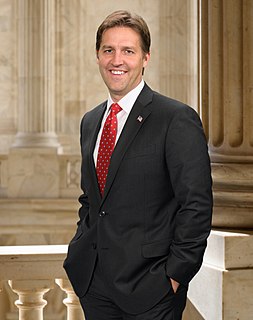A Quote by Joe Quirk
Nearly half the earth's surface is unclaimed by any country, so seasteads would be startup countries on the blue frontier. Patri Friedman is a Google engineer and theorist of political economy who realized that if society floated, it would completely change the nature of governance itself. If seasteads are modular and can be moved about, allowing people to choose new societies, we'd create a market of governance providers, competing to attract residents.
Related Quotes
People can leave seasteads, or people can choose them, and people can create new seasteads if they want. This fluidity will engage an evolutionary market process that'll allow a diversity of societies to emerge that will in principle be superior, simply because people chose them. Governments on land don't allow this fluid dynamic of choice.
Seasteads are a technology for anybody to form an alternative community based on their unique values - for communities to organize themselves however they want. Seasteads are their chance to demonstrate their vision can work. All that matters is that people can create, join, and leave seasteads voluntarily. As long as people can choose among seasteads, the best ways of living together will prosper, and the ones that people don't like will fail.
India's democracy where over 1 billion people have a voice in deciding their future is a world example of how governance can incorporate diversity into a movement for inclusive growth. New modes of democratic engagement, especially through using e-governance are allowing greater access to fundamental rights for all our people.
























